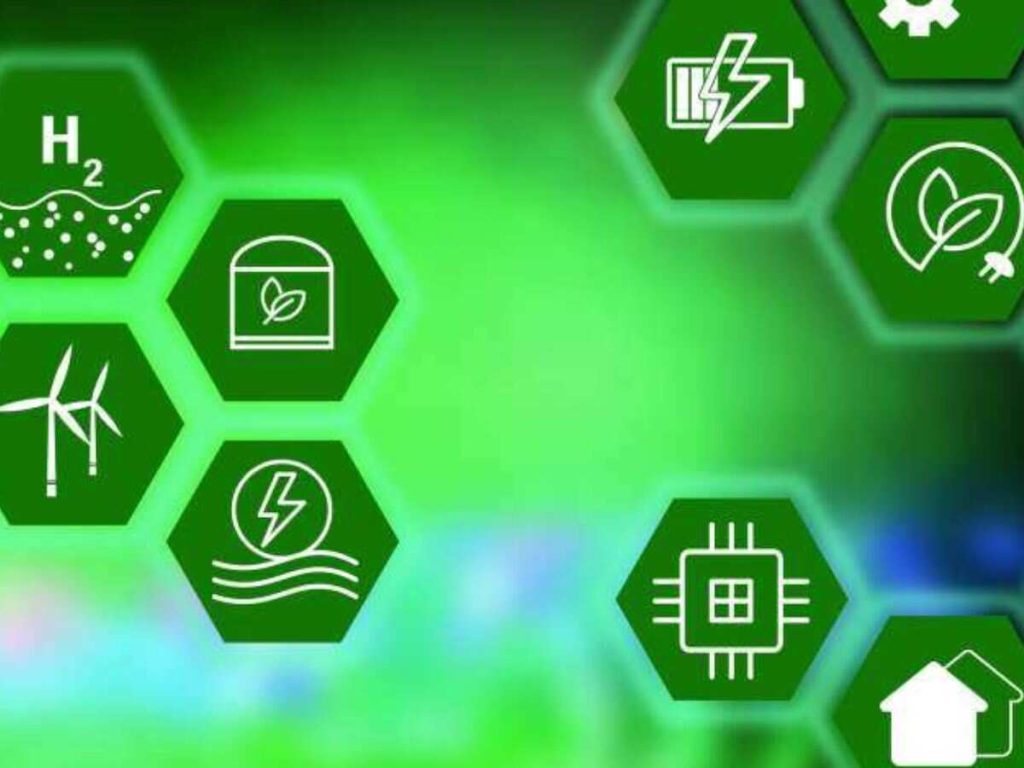The recent Green Hydrogen Summit in Windhoek showcased discussions on business models, marketing mechanisms, and green industrialisation strategies. But something was conspicuously missing: an honest conversation about governance and the risks of corruption. Given Namibia’s history with high-profile corruption cases, such as the Fishrot scandal and the collapse of the SME Bank, the absence of a focus on transparency was startling.
As with these past scandals, denial and silence prevail until it’s too late, until the money’s gone, and the perpetrators have fled or are dodging accountability. Occasionally, a figure or two may be brought to justice, but by then, the damage is done.
There’s no reason to believe that the green hydrogen sector is immune to similar risks. In fact, Namibia’s current approach to green hydrogen projects is already fraught with significant red flags:
- Lack of Transparency: Government agencies and project managers have refused to release key documents and agreements, raising concerns about the openness of the process.
- Opaque Processes: Access to finance and land, crucial components of green hydrogen projects, is unclear and raises questions about who controls resources.
- Inadequate Community Consultation: Green hydrogen projects can impact local communities significantly, but many have voiced concerns that their input has been neglected.
- Selective Project Leaders: Questions persist over how certain companies and individuals were selected to lead projects, raising fears of favouritism.
- Politically Exposed Persons (PEPs) Involvement: The presence of politically influential individuals, or PEPs, and their proxies in company structures and licensing deals is a cause for concern.
If Namibia is to become a global leader in green hydrogen, we must address these issues head-on. There is no better time to learn from the extractive industries sector, which has grappled with corruption challenges for decades. The Extractive Industries Transparency Initiative (EITI), launched in 2003, offers a model for managing the risks of weak governance and corruption. By promoting transparency in the oil, gas, and mining sectors, the EITI has shown how public disclosure of critical information can foster accountability and trust.
EITI principles could and should be applied to Namibia’s green hydrogen sector. This would mean adopting standards of contract transparency, publishing information on beneficial ownership, reporting production and export data, and disclosing tax revenues, CSR payments, and any social and environmental impacts. Such transparency could be monitored by a multi-stakeholder committee comprising government representatives, the private sector, and civil society groups. Transgressions wouldn’t go unchecked: penalties could range from public warnings to project suspension or even termination.
Adopting such practices would not only reduce the risk of corruption but also build public trust in Namibia’s green hydrogen ambitions. Transparent practices are the foundation of any successful industry, particularly one that seeks international investment and support. Without them, Namibia risks losing credibility, investment, and public support, making it harder to reap the benefits of this promising sector.
Encouragingly, a Green Hydrogen Standard was launched in 2022 by the Swiss-based Green Hydrogen Organisation. This standard promotes responsible green hydrogen development by requiring companies to proactively disclose key information. Companies must report on licences, approvals, financial transactions, tax payments, beneficial ownership, and community benefit arrangements. This standard is gaining traction in Namibia, but two critical areas remain for improvement: raising its visibility and ensuring comprehensive adoption. Going forward, the Green Hydrogen Standard should become a benchmark for green hydrogen projects, ensuring they are legitimate and trustworthy through proper accreditation and certification.
For Namibian companies and public enterprises involved in green hydrogen, aligning with this standard now is essential. Early compliance will ensure that projects are able to attract international support and stand up to scrutiny, especially as global awareness of transparency in renewable energy grows. Yet compliance alone is not enough. Namibia needs to adopt these standards as a minimum benchmark while working towards developing even more robust transparency policies.
Ignoring corruption risks in the green hydrogen sector is a dangerous gamble. Corruption poses a direct commercial threat: it destabilises projects, deters investors, and leads to unequal benefit-sharing, ultimately causing projects to fail. When communities are marginalized or left without tangible benefits, the public backlash will be significant.
The sooner we recognise that GH projects cannot thrive on hype alone but require strong governance frameworks, the better their chances for success.
The author Graham Hopwood is the Executive Director of the Institute for Public Policy Research (IPPR)
For the text of the Green Hydrogen Standard see – https://www.greenhydrogenstandard.org/
Further reading: Good Governance and the Just Transition: Implications for Renewable Energy Companies published by the Basel Institute on Governance (September 2024) – https://baselgovernance.org/publications/wp-53

